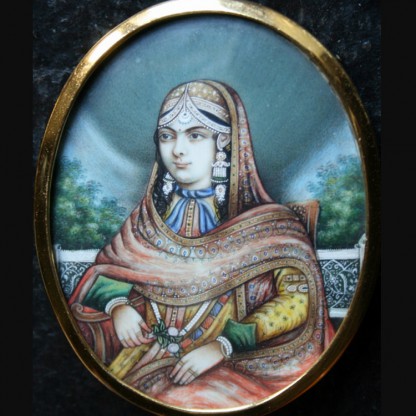Wylie holds that Fynn, whose diary has been widely hailed as a definitive source on Shaka is contradictory, self-serving and at times mendacious, and that Fynn himself was a frontier swashbuckler who occasionally ordered the murder of those who had displeased him, while doctoring his written account to portray himself, and European settlers as beneficent humanitarians. Fynn also sometimes served as an agent of the colonial authorities on certain deniable "dirty work" missions, such as instigating hostilities between various tribes. Wylie asserts that far from being a genocidal maniac, Shaka often ruled as a traditional Bantu monarch of his era. He attacked some enemies, but he also left numerous tribes in place, and maintained a network of dependent states in peaceful tributary relations, or as allied client states. The massive killing sprees alleged are distorted—Shaka was not the only operator in the area. There were other tribes and Leaders of the era, each on the move with their own conflicts, that created turmoil, not merely Shaka. Others included the Ndwandwe, and the Mabhudu who built a polity that outlasted Shaka's and were: "partly responsible for pushing the Diamini-Swazi Tlokwa and Ngwane groups west across the Lubombo hills on to the highveld... the Ndwandwe would become easily the most aggressive of all groups, certainly surpassing the Zulu." Wylie also notes that the Zulu themselves were born in circumstances of threat even before Shaka was born as the Mthethwa, protectors of the small Zulu clan, jockeyed against regional rivals like the Ndwandwe, the Chunu and the Thembu. His war operations did not spring out of a vacuum.

















